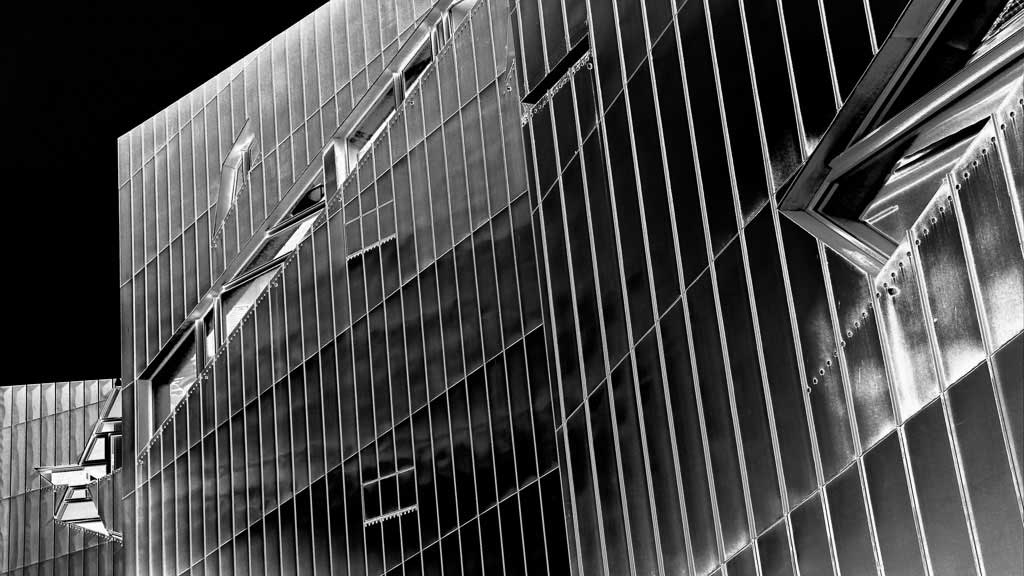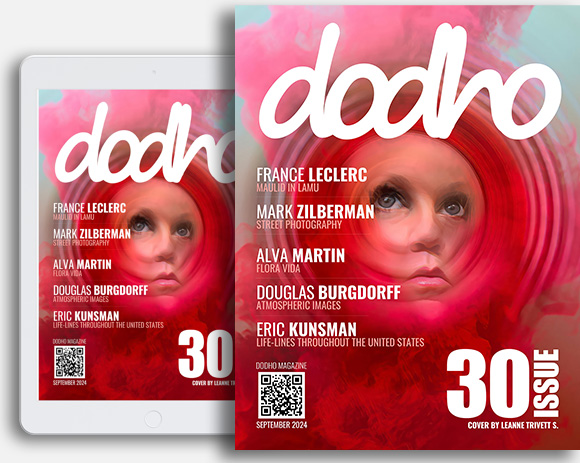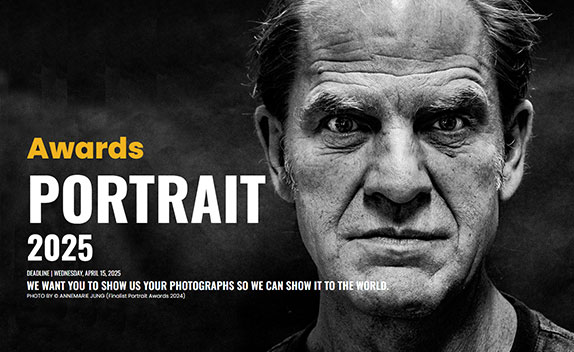Having the chance to exhibit at the Mark Rothko Museum of Daugavpils, the birthplace of this great painter who has marked the history of the 20th century, through his art but also his entire intellectual reflection and commitment to the endian , is an immense honor but also a terrible challenge.
In this museum, lies one of the largest collections in the world of the painter. It is like being invited to enter a sanctuary where the silence of the meditation obviously prevails over the dialogue. Here no question of blasphemy by imitation or resemblance, only infinite respect and immoderate admiration for the Master, to each his own freedom, arguments and universe, simply, naturally, quietly. I had to just let myself be carried away by the vibrations of the artworks and the place so inhabited…
In collaboration with the curators, we chose to expose two facets, quite different but not independent despite the appearances, of my photographic work.
As a visual artist and French writer, I am above all a storyteller who tries to explore the existentialist and / or humanist questions that Man has always been confronted with, his origins, his nature , its weaknesses, its emotions, the mechanisms of involvement, interaction and entanglement that have laid the foundations of our societies throughout history and continents.
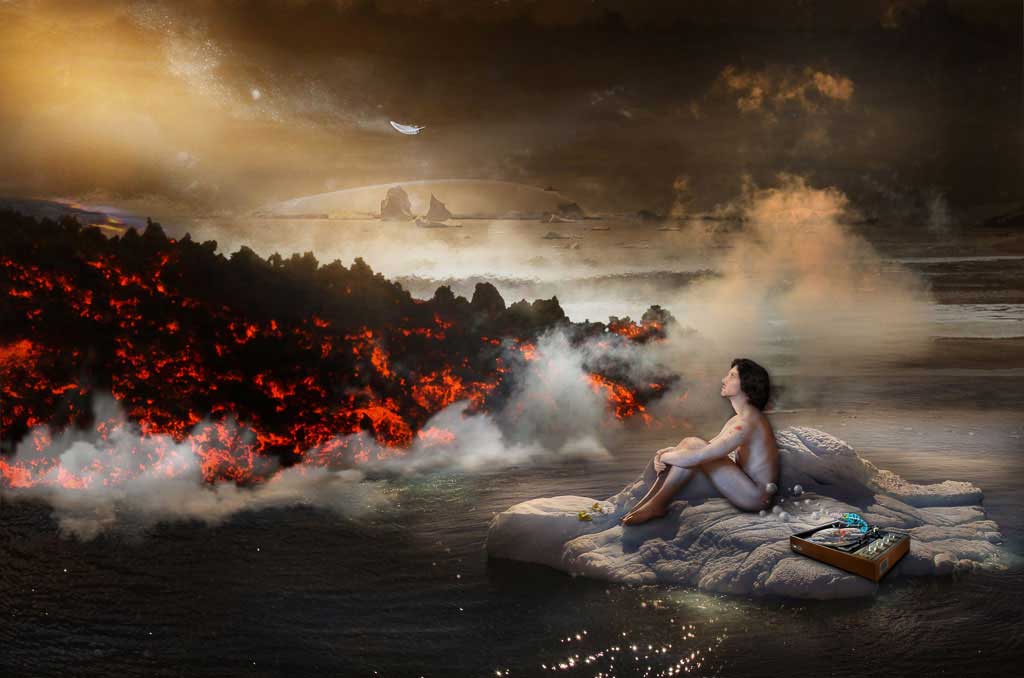
Most of my photographic work focuses on this issue and is expressed by large frescoes, often several meters, made by digital collage and can each contain several thousand individual photographs and require up to more than 6 months of continuous work.
The first part of the exhibition places Man, in a dreamlike and allegorical universe, at the center of my preoccupations and, in particular, my series “ The Fabulous Opera ” which strives to show how much the conditions and origins of birth can weigh as much on the psyche as on the pneuma, and more broadly, on the whole life course of any person born, or having grown up, under disadvantaged, adversary or tragic conditions… It is an eminently social series questioning the philosophical problematic of Destiny, through the tragedy of a young child born in Cambodia and sentenced to death by the Khmer Rouge for the impropriety of his origins, and who, exfiltrated to France after having “miraculously” escaped his executioners, is going to experience there the tragedy of humiliation, exclusion and the terrible desocialization of the homeless, which will lead him to the gates of lethal madness. This is a nowadays tale in which a young man who only dreamt of a normal life, is going to suffer hell before finally knowing, against all odds, a fabulous destiny.
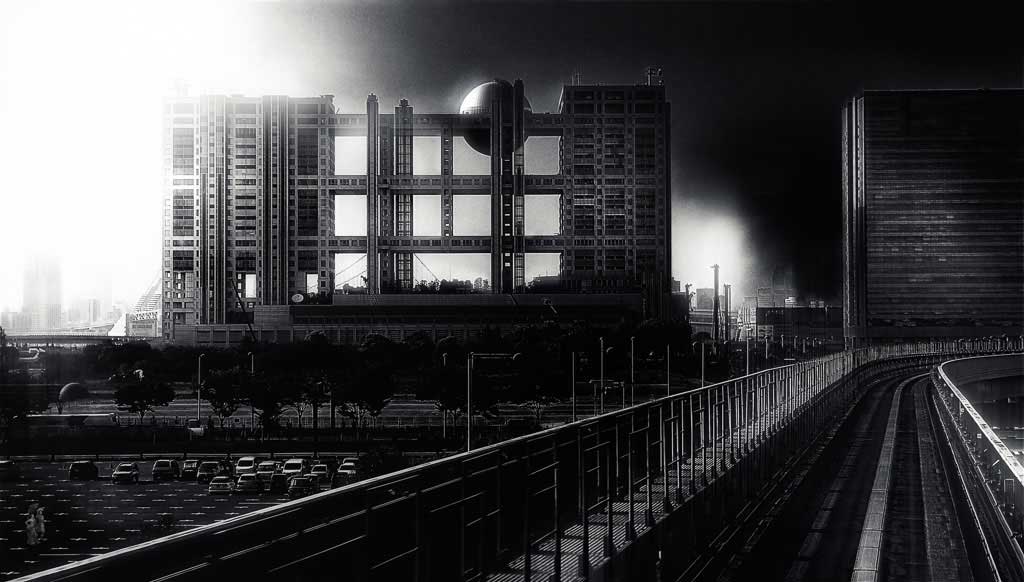
In the second part of the exhibition, it is not for me a question of completely abstracting Man, but only his body. Returning to a work of pure photography, here I show a series of monochrome architectures of light and shadows,
adjoining more and more, over the photographs, abstraction. The city, as a very symptomatic human creation, with its crowded streets, its noise and air pollution invasions, is however dehumanized to overdose by its oversize towers, their sharp angles, the coldness of concrete, steel and glass, the adiaphoria and indifference that rule inside, as far as being a constant aggression towards his own creator, the Human Being, to become its definitive predator. And yet, can’t we see in it, the bursts of man’s genius and all the contrast of his darkest emotions, or maybe more exactly the sparkles of the Divine searching for the lost souls into the shadows of their ultimate shelters?
An exhibition which course is finally not without first echoing the mythological and Nietzschean periods of Mark Rothko, then in a second time, his most abstractive climax.
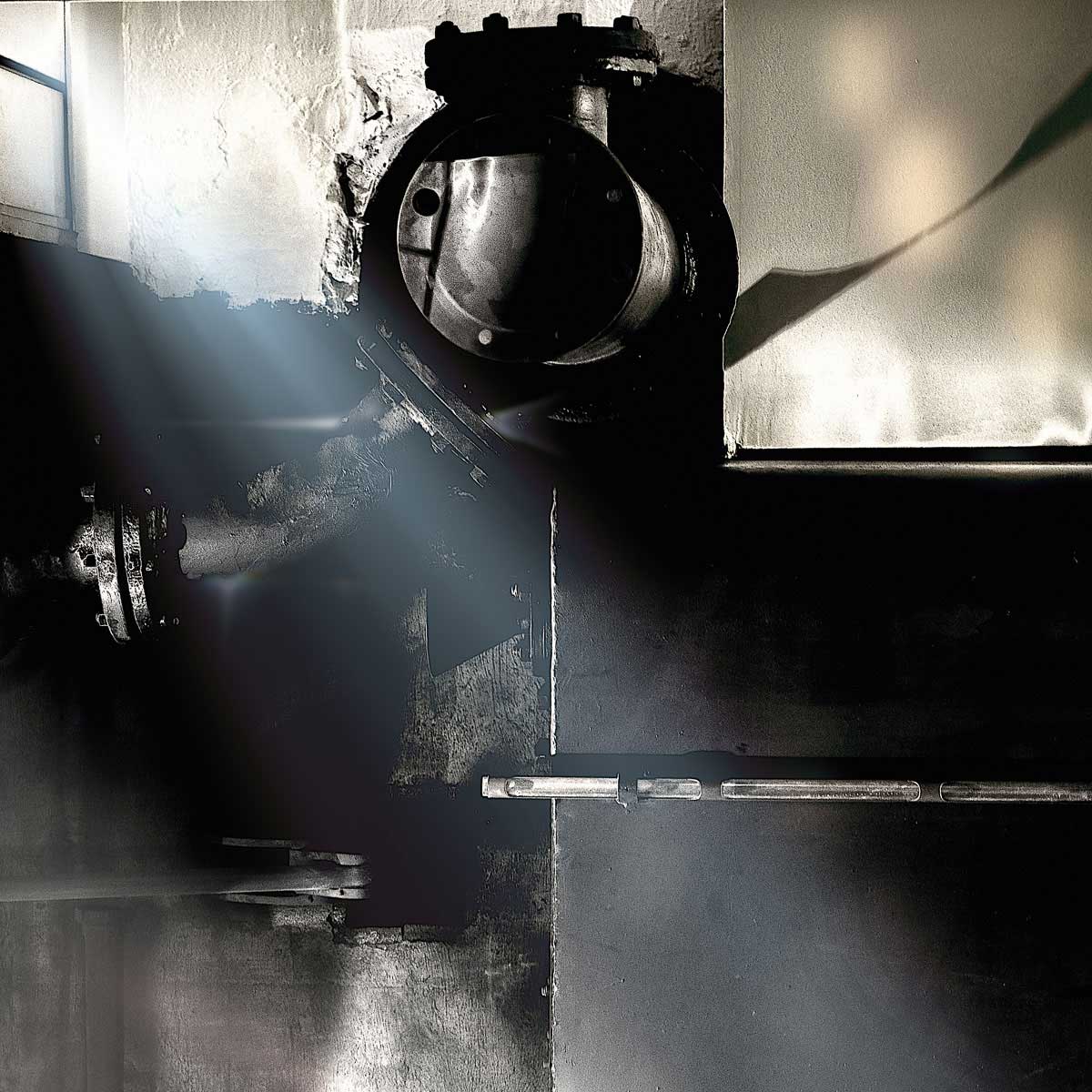
MARK ROTHKO ART CENTER
1 February to 14 April 2019
Mihaila iela 3- Daugavpils, LV-5401, Latvia
